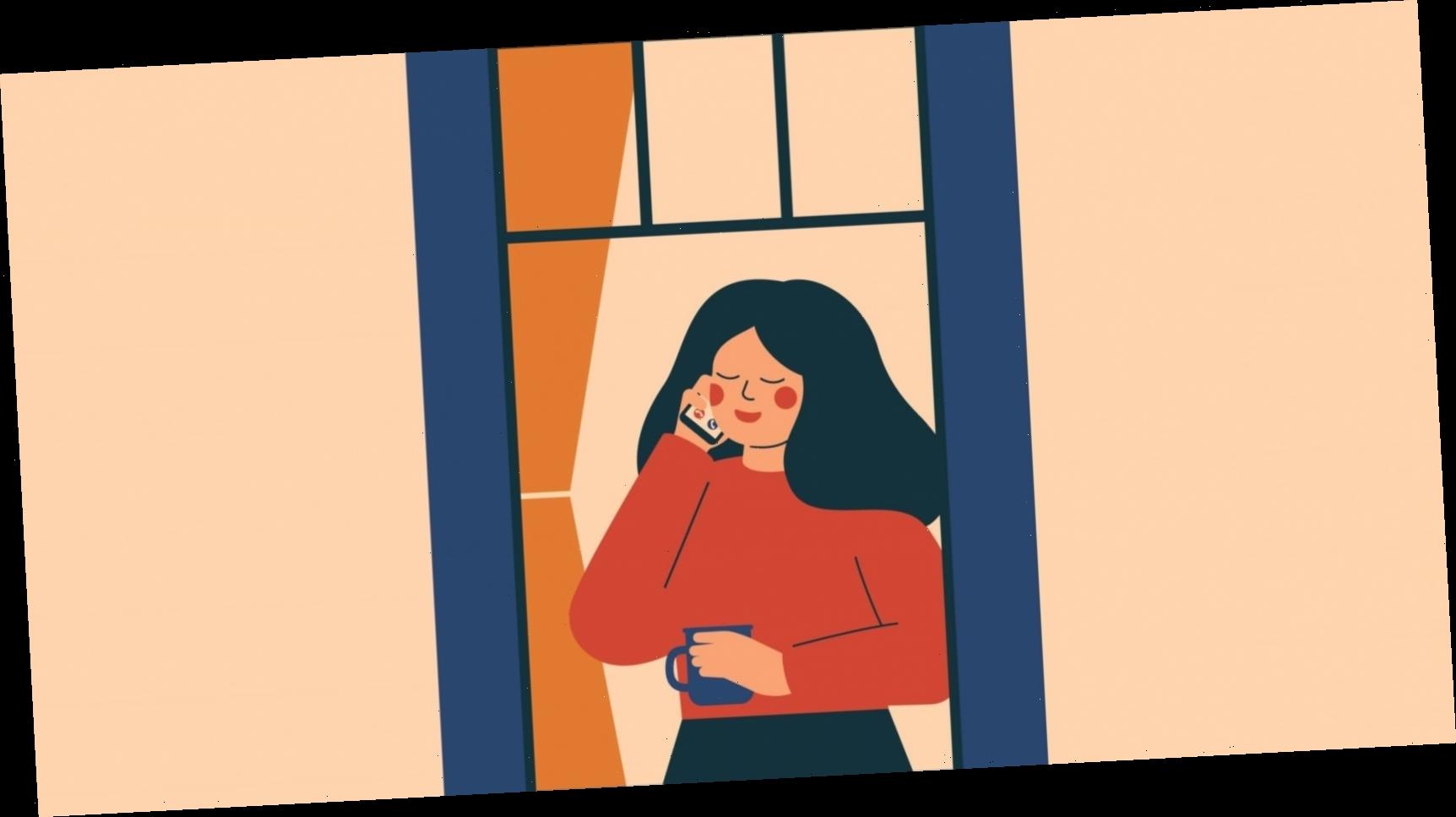Whether you’re struggling with feelings of loneliness or want to support someone else, simply talking about how you’re feeling could be more powerful than you realise.
With lockdown 3.0 set to last for at least another couple of weeks, looking after yourself and your mental health has never been so important.
The pandemic has taken its toll on all aspects of mental health – and one of the biggest factors driving this rise has of course been the feelings of loneliness many people are experiencing as a result of having to stay at home.
Whether you’re living on your own, missing the buzz of the workplace environment or are struggling to feel connected to loved ones, the isolation required to curb the spread of the virus has been hard on us all.
And while talking to friends or family members over Zoom may mitigate some of those feelings, it can still feel uncomfortable to admit when we’re struggling: despite the common conception that old people are most likely to be afflicted by loneliness, an October 2019 YouGov survey revealed that 25% of 25-34-year-olds feel lonely “often” or “all the time” compared to only 9% of those aged 55+.
Speaking to Stylist, the UK’s loneliness minister Baroness Diana Barran explains that the stigma that remains around loneliness – that it’s something which doesn’t affect young people or that it’s something very few people deal with – is still a massive issue.
“Very often people think that it’s quite an unusual thing,” she explains. “They think that it’s their fault, that somehow they’re inadequate, and that’s why they feel lonely. Of course we know that actually, and particularly at the moment in the current situation, many, many people experience loneliness. It’s an entirely natural thing to feel. And actually, we also know that just talking to somebody else about it can help relieve your loneliness.”
Indeed, as Barran explains, one of the most important things we can do to help those around us is open up about what’s going on inside our heads. Speaking about how we’re feeling – whether or not we’re struggling with loneliness – helps the people around us to feel more comfortable about opening up.
“At the moment, if you’re not in the same house as somebody you’re worried about, you can pick up the telephone,” she says.
“Then it’s about listening to how they are but also sharing how you are. I think admitting that you’ve had some good days and some bad days – which I think for most of us is probably pretty true at the moment – allows others to say, ‘that’s my experience too, I’ve had some rotten moments’ and they don’t have to pretend that they’re coping brilliantly.
“Being able to share those low moments as well as the times that you laughed out loud – the spectrum of emotions – is a good thing to do and is something that is, in a small way, healing for both parties. I’m sure I’m not unusual, but if someone rings me up and says, I’ve been thinking about you, I’m wondering how you are. You know, that’s just a lovely thing.”
If there’s one thing we can take away from the current situation, it’s this ability to be more open with each other. Being vulnerable and honest about how we’re feeling, especially on social media, will help to make things easier in the future, Barran suggests.
“I think that a lot more people at the moment are able to say that they’re feeling vulnerable,” she says. “And that sort of unlocks the door to a different kind of conversation, especially on social media – some people still have that morecompetitive mindset, but we’ve seen many, many more people admitting their vulnerability, including people you never thought might be vulnerable.”
Coping with loneliness
If you’re feeling lonely at the moment, it’s important to understand that you’re not alone. The coronavirus lockdown has left many people feeling isolated – but reaching out and talking about how you’re feeling can make a difference. To find out more about coping with loneliness during the coronavirus lockdown, you can check out these three articles:
- Feeling lonely during lockdown? You need to read this
- “Hearing others talk about how they feel in lockdown has made me feel less alone”
- Feeling lonely? Here’s how to tell when you’re struggling (and what to do about it)
For more information on coping with loneliness and taking care of your mental health, including organisations that might be able help, you can check out the NHS loneliness pages or visit the Mind website.
Images: Getty/Unsplash
Source: Read Full Article






